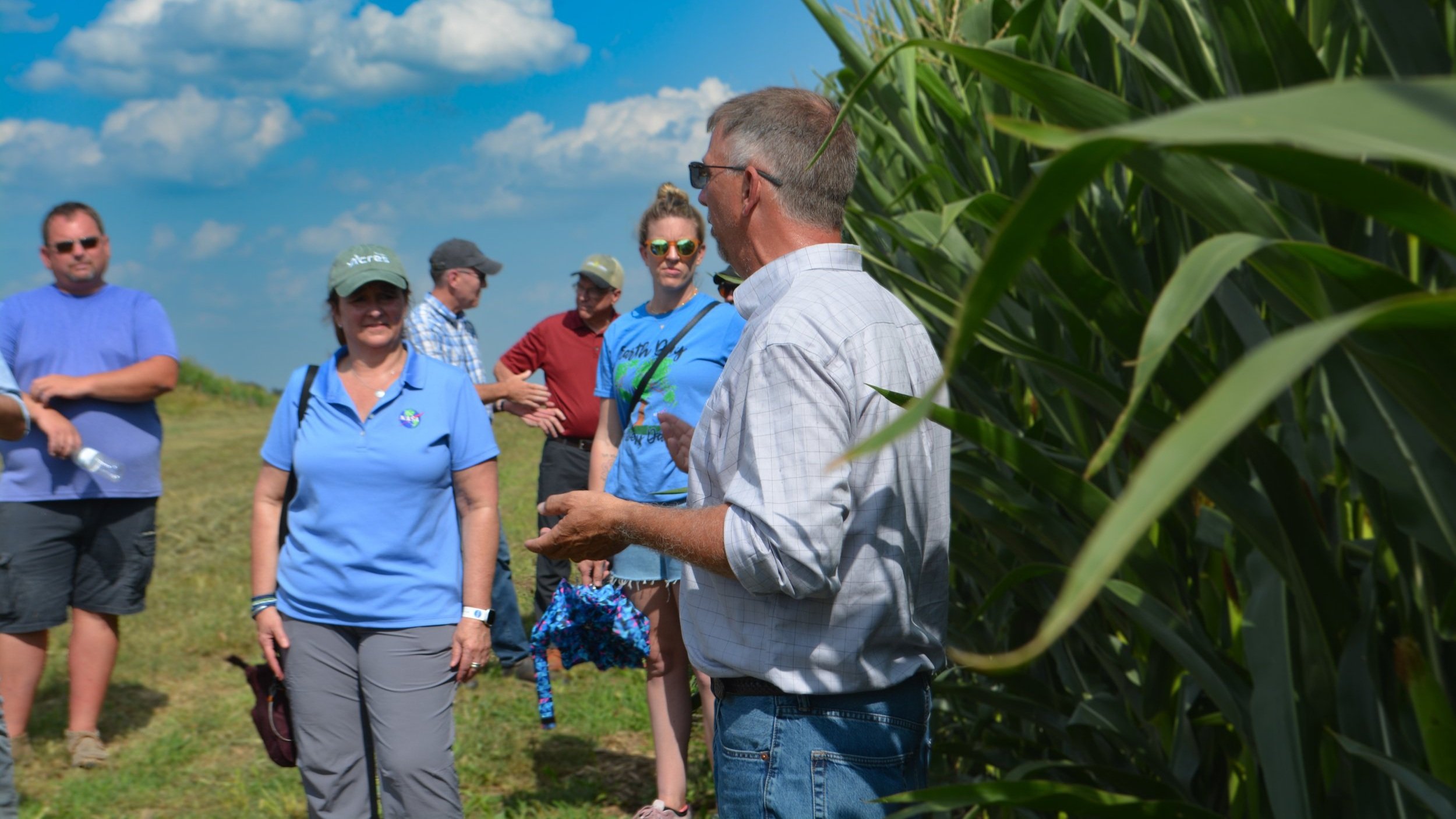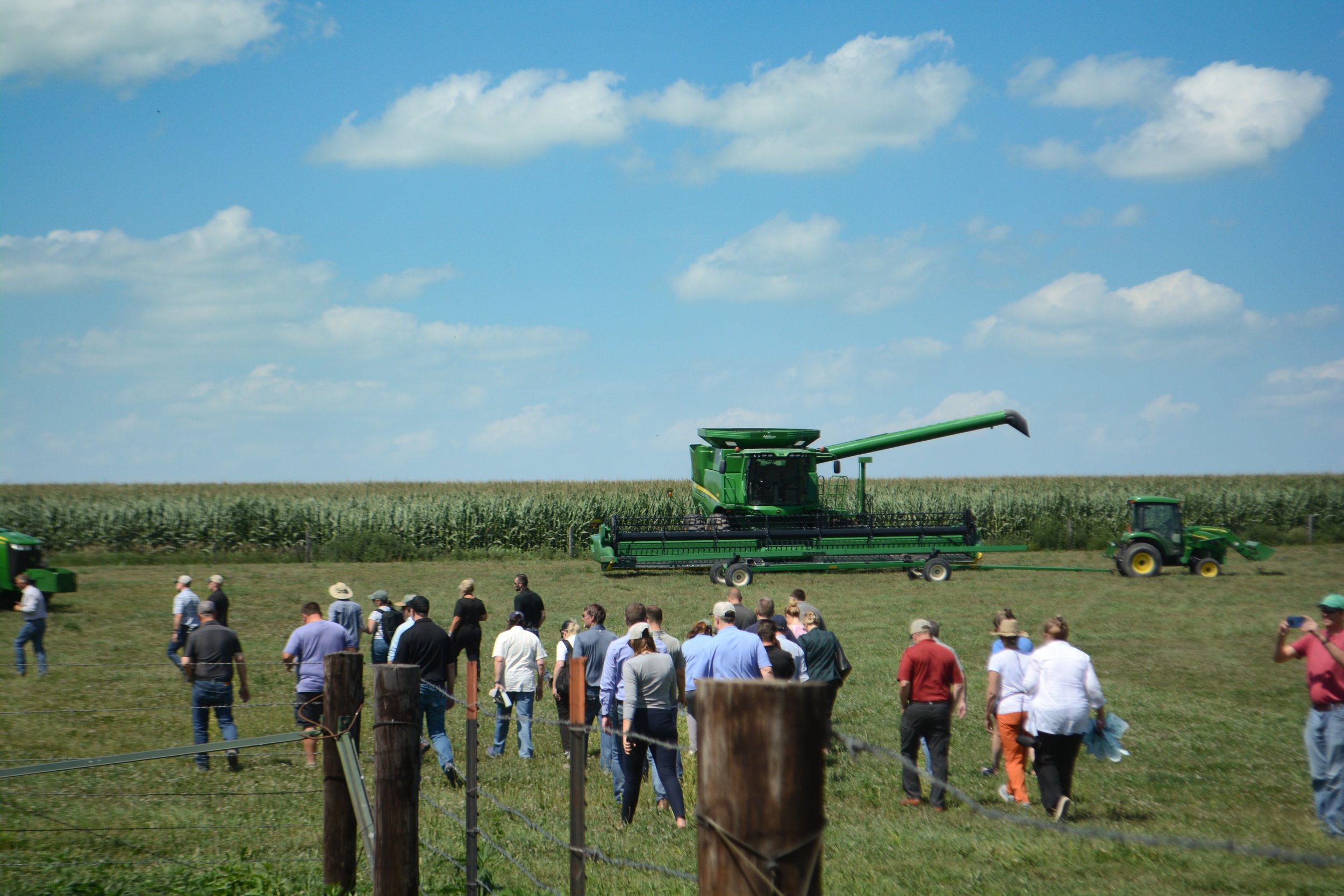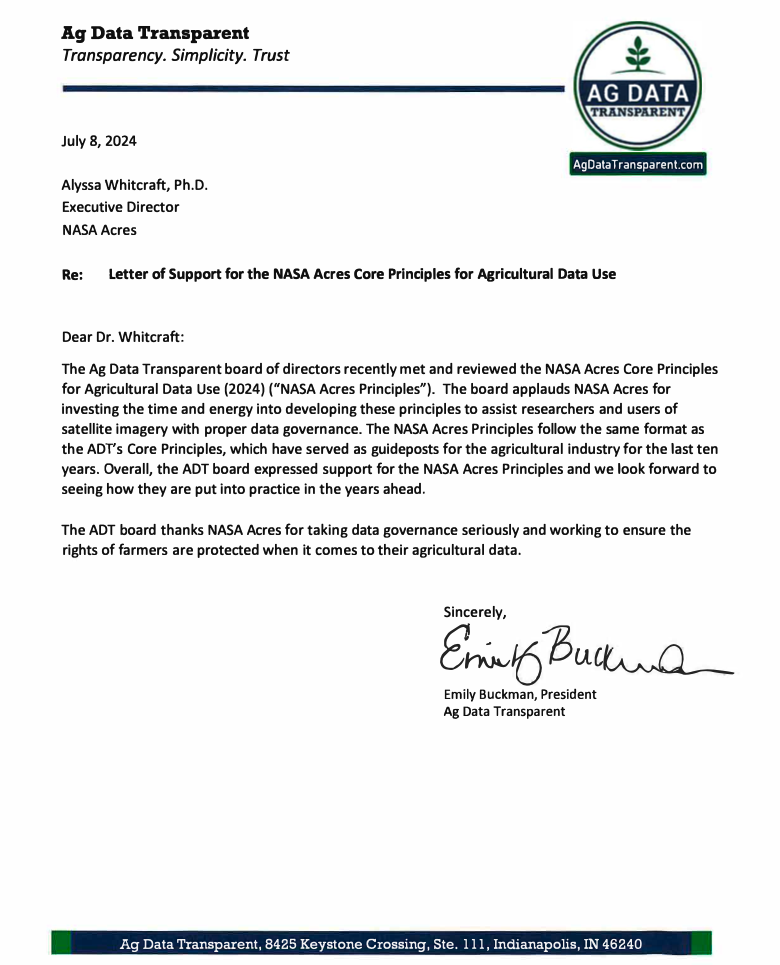
Data Governance
The NASA Acres Consortium recognizes the need for researchers to work closely with farmers to integrate “Ag Data” (e.g., agronomic, livestock, machine data, etc.) into the development and assessment of models for the mutual benefit of both communities. To support this, the NASA Acres Core Principles for Agricultural Data Use were born in order to help establish clear and transparent Ag Data Use Agreements between researchers and agriculture technologists generally – and NASA Acres Collaborators specifically - and farmers. Such agreements should ensure that data rights and usage restrictions are transparent to all parties throughout project life cycles. The Principles are non-binding and reflect the recommendations of NASA Acres leadership, with implementation ultimately determined by agreement between individual project signatories. NASA Acres received praise from Ag Data Transparent’s Board of Directors for this effort.
A brief summary of the thirteen principles is below.
Guiding Principles:
The Ag Data Transparent Board of DIrectors issued us this letter of support for our Core Principles. Signed by the ADT Board President (Emily Buckman of American Farm Bureau Federation), the Board additionally includes: National Farmers Union, American Soybean Association, National Potato Council, National Sorghum Producers,, National Association of Wheat Growers, National Corn Growers Association, Farm Credit Canada, EMILI Canada, Grower Information Services Cooperative, AGree, John Deere, Indigo Ag, and Combyne.
Guiding Principles:
Principle 1: Create Simple Ag Data Use Agreements: Ag Data agreements should be clear, concise, and comprehensive, covering data collection, storage, usage, and disposal.
Principle 2: Define the Ag Data that Will Be Collected from the Farmer: Collaborators must specify the types of Ag Data they will collect, ensuring farmers are fully informed and provide consent.
Principle 3: Be Transparent about How Ag Data Will Be Used: Farmers must be informed how Ag Data will be used, particularly for research and model development and evaluation.
Principle 4: Limit Ag Data Use in the Project Principle: Ag Data should only be used within the context of the project unless additional written consent is received.
Principle 5: Clearly Identify the Collaborator(s): Farmers should know with whom they are sharing Ag Data, and who will have access to research results.
Principle 6: Exclude Specific Regulatory Uses of Ag Data or Famer-Identifiable Results: Ag Ag data should not be transferred by a Collaborator to a regulatory government agency without express consent from the farmer.
Principle 7: No Commercialization without Farmer Consent: Collaborators should not sell Ag Data obtained in the course of their NASA Acres Project.
Principle 8: Clear AgData Retention and Deletion Policies: Ag Data Use Agreements with farmers should explain how long Ag Data will be retained by the Collaborator and what happens to Ag Data after a Project is completed.
Principle 9: Anonymize Ag Data Wherever Possible: Wherever possible, Ag Data should be anonymized to protect farmer privacy
Principle 10: Utilize Industry Standard Security Measures: Ag Data should be protected using industry standard security, with clear policies for breach response.
Principle 11: Respect Farmers Ag Data Ownership Rights: Ag Data ownership should be clearly defined, with respect for farmers' rights to govern access to their data.
Principle 12: Communicate that Earth Observation Data is Free and Open: Satellite Earth Observation Data is distinct from Ag Data and is subject to NASA’s open data policy.
Principle 13: Explain Ownership of Intellectual Property Developed by a Project: If research generates intellectual property (IP), the ownership should be clearly defined, and agreements should specify who owns any resultant IP.
Related News
Survey Highlights Farmers’ Belief in Data Ownership and Collaborative Data Use
Ag Data Transparent, Sept. 2024



